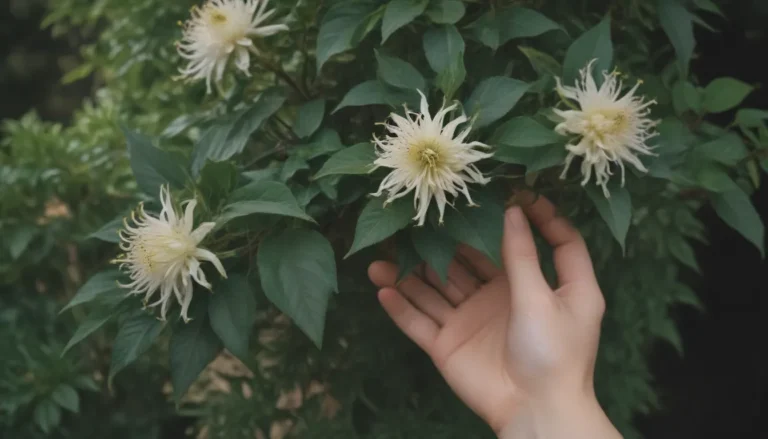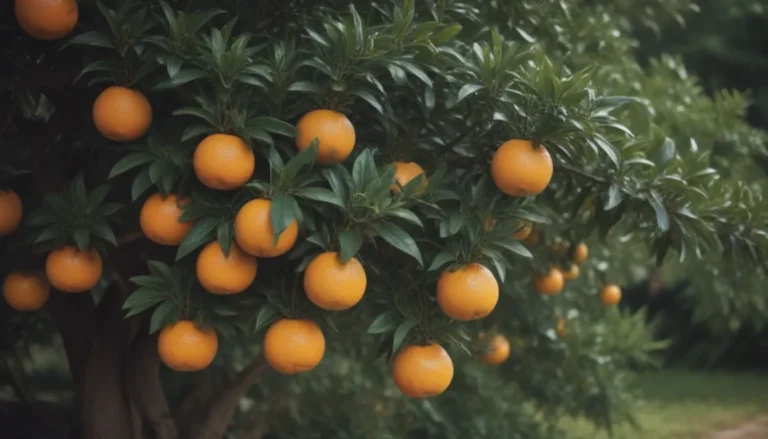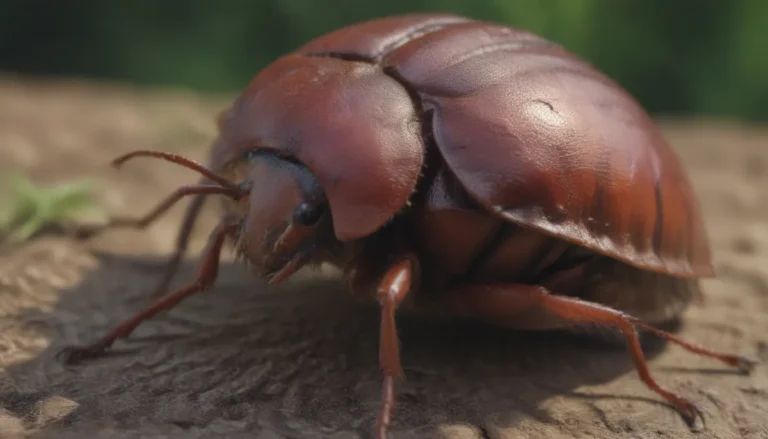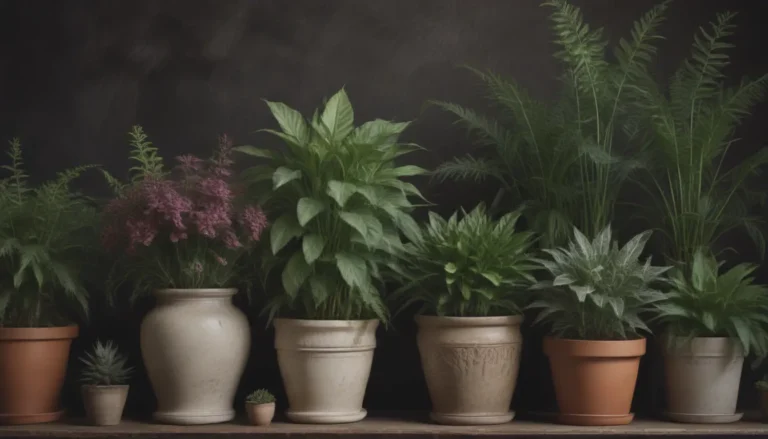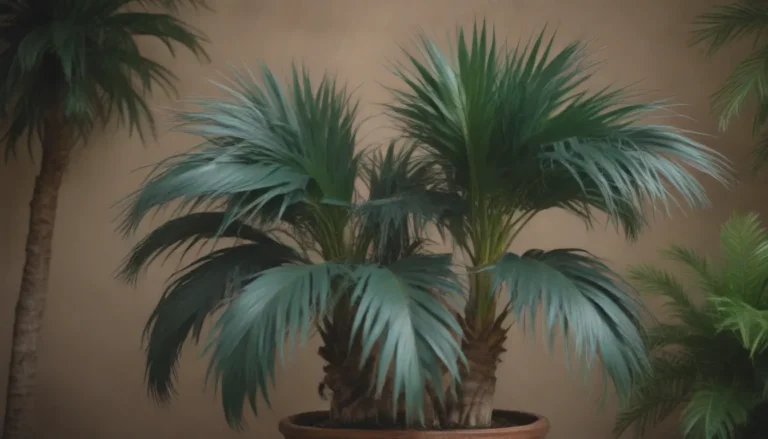18 Companion Plants to Supercharge Your Carrot Garden
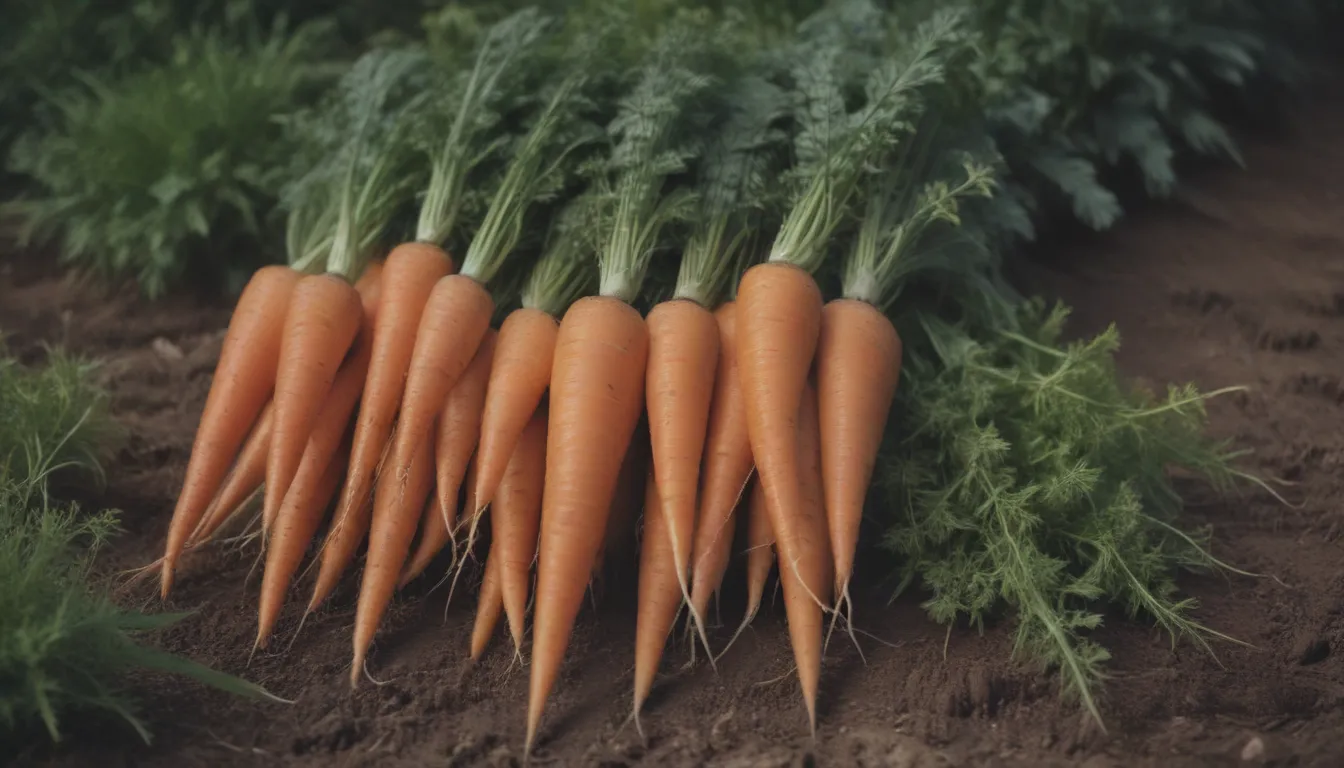
Carrots are a staple in many home gardens, loved for their ease of cultivation and year-long harvest. To help your carrots thrive even more, consider planting them alongside companion plants that can enhance their growth and protect them from pests. Companion planting is a strategic method of planting two different plants together to benefit each other’s growth, deter pests, or improve flavor. In this article, we will explore the 18 best companion plants for carrots, along with some plants you should avoid planting with them.
What Is Companion Planting?
Before we dive into the list of companion plants for carrots, let’s understand the concept of companion planting. Companion planting is a gardening technique where you plant different plants together to create a mutually beneficial relationship. This can involve plants that have complementary nutrient needs, act as natural pest repellents, or improve each other’s growth and flavor.
Lettuce
Carrots and lettuce are like two peas in a pod when it comes to companion planting. Carrots break up the soil for lettuce’s shallow roots, making them the perfect companions for a salad-ready garden. Additionally, carrots attract lacewings and ladybugs, which prey on the aphids that commonly attack lettuce.
- Name: Lettuce
- USDA Hardiness Zones: Varies
- Light: Full sun to partial shade
- Soil: Well-draining, fertile soil
Onions
Onions are excellent companions for carrots as they deter pests like the carrot fly that threaten carrot crops. Both onions and carrots are root vegetables, but they don’t compete for soil nutrients or space, making them ideal planting partners.
- Name: Onions
- USDA Hardiness Zones: Varies
- Light: Full sun
- Soil: Well-draining, rich soil
Marigolds
Marigolds not only add a pop of color to your garden but also enhance the flavor of carrots by increasing sugar and carotenoid content. They also repel carrot rust flies and carrot psyllids, protecting your carrot crop.
- Name: Marigolds
- USDA Hardiness Zones: Varies
- Light: Full sun
- Soil: Well-draining soil
Peppers
During the hot summer months, carrots need shade, which leafy bell peppers can provide. Carrots, in turn, help loosen the soil for pepper roots to establish themselves. It’s a mutually beneficial relationship that can benefit both crops.
- Name: Peppers
- USDA Hardiness Zones: Varies
- Light: Full sun
- Soil: Well-draining soil
Oregano
Oregano’s aromatic scent is delightful to humans but repels nematodes, carrot root flies, and rust flies that can harm carrots. By planting oregano near your carrots, you can help protect them from these common pests.
- Name: Oregano
- USDA Hardiness Zones: Varies
- Light: Full sun
- Soil: Well-draining soil
Tomatoes
Carrots and tomatoes make a dynamic duo in the garden. Carrots break up the soil for tomatoes, allowing nutrients and water to penetrate the ground more effectively. This, in turn, encourages tomato roots to grow deeper and stronger.
- Name: Tomatoes
- USDA Hardiness Zones: Varies
- Light: Full sun
- Soil: Well-draining soil
Cilantro
When allowed to flower, cilantro attracts beneficial insects like ladybugs that prey on common carrot pests such as carrot rust fly, aphids, nematodes, and carrot psyllids. This makes cilantro an excellent companion plant for carrots.
- Name: Cilantro
- USDA Hardiness Zones: Varies
- Light: Full sun to partial shade
- Soil: Well-draining soil
Rosemary
The strong scent of rosemary can help repel carrot flies and other pests from your garden, protecting your carrot crop. Carrots also assist by loosening the soil, making it easier for rosemary roots to establish themselves.
- Name: Rosemary
- USDA Hardiness Zones: Varies
- Light: Full sun
- Soil: Well-draining soil
Chives
Planting chives near carrots can enhance the texture and taste of carrots while also repelling pests with their pungent onion smell. Chives and carrots make a winning combination in the garden.
- Name: Chives
- USDA Hardiness Zones: Varies
- Light: Full sun to partial shade
- Soil: Well-draining soil
Leeks
Leeks and carrots work together in the garden, with leeks deterring carrot flies and carrots repelling leek moths. This mutually beneficial relationship can help protect both crops from common pests.
- Name: Leeks
- USDA Hardiness Zones: Varies
- Light: Full sun
- Soil: Well-draining soil
Radish
Radishes are faster-growing than carrots and can help loosen the soil for carrots, creating a beneficial environment for both crops. This makes radishes and carrots excellent companion plants throughout the summer months.
- Name: Radish
- USDA Hardiness Zones: Varies
- Light: Full sun
- Soil: Well-draining soil
Beets
Beets and carrots complement each other well, thriving in containers and sharing similar light, water, and soil requirements. This makes them an excellent choice for small space gardeners looking to maximize their harvest.
- Name: Beets
- USDA Hardiness Zones: Varies
- Light: Full sun
- Soil: Well-draining soil
Bush Beans
Bush beans are low-maintenance plants that add organic nutrients to the soil, creating a richer environment for carrots to grow. They coexist harmoniously with carrots without competing for resources.
- Name: Bush Beans
- USDA Hardiness Zones: Varies
- Light: Full sun
- Soil: Well-draining, fertile soil
Turnips
Turnips and carrots thrive in similar growing conditions, with turnips’ spicy fragrance helping to repel pests that may harm carrots. Their compatible growth habits make them ideal planting companions in the garden.
- Name: Turnips
- USDA Hardiness Zones: Varies
- Light: Full sun to partial shade
- Soil: Well-draining soil
Cabbage
Carrots and cabbage prefer cooler temperatures and have different root depths, making them great companions in the garden. Their shallow and deep root systems complement each other well, reducing competition for resources.
- Name: Cabbage
- USDA Hardiness Zones: Varies
- Light: Full sun to partial shade
- Soil: Well-draining soil
Spinach
Spinach’s shallow root system makes it an ideal companion for carrots, as both plants can coexist harmoniously in the garden. Spinach also grows well in containers, making it a versatile choice for container gardening.
- Name: Spinach
- USDA Hardiness Zones: Varies
- Light: Full sun to partial shade
- Soil: Well-draining soil
Sage
The earthy aroma of sage pairs well with carrots in the fall garden, while also helping to deter destructive pests like carrot rust flies. Sage and carrots create a natural defense system against common garden pests.
- Name: Sage
- USDA Hardiness Zones: Varies
- Light: Full sun
- Soil: Well-draining soil
Cucumber
Cucumbers provide shade and vertical growth in the garden, which can benefit low-growing carrots by covering ground area and preventing weed growth. By planting cucumbers with carrots, you can maximize your garden space efficiently.
- Name: Cucumber
- USDA Hardiness Zones: Varies
- Light: Full sun
- Soil: Well-draining soil
What Not to Grow With Carrots
While companion planting can benefit your garden, there are some plants that may not thrive when planted alongside carrots. Plants that require high levels of phosphorus to thrive may compete with carrots for nutrients in the soil. Additionally, plants with different soil and water requirements may not do well when planted with carrots. Here are a few plants to avoid planting with carrots:
- Zucchinis
- Marigolds (despite their benefits, they may not always thrive alongside carrots)
In conclusion, companion planting offers a natural and effective way to enhance your carrot garden’s growth and harvest. By strategically pairing carrots with compatible companion plants, you can create a thriving ecosystem that benefits both plants and reduces the need for chemical pest control. Experiment with different plant combinations to find the perfect companions for your carrot garden and enjoy a bountiful harvest throughout the year. Happy gardening!
